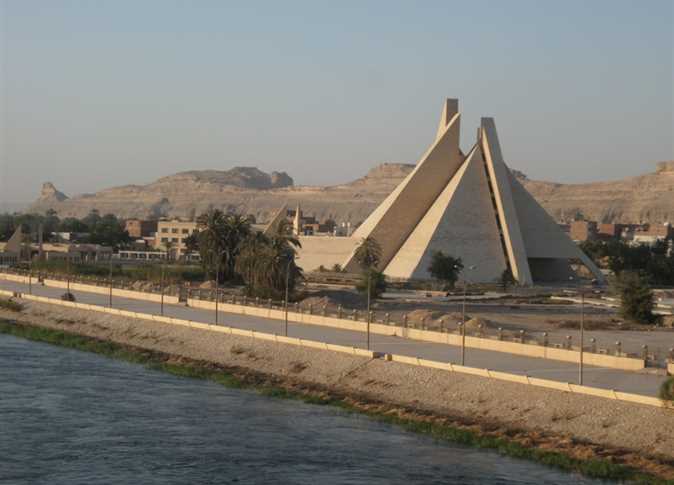The phenomenon of accounts of minor incidents that happen to ordinary people and then turn quickly to news items, occupying public opinion and the front pages of the newspapers and mass media, is one important consequence of the information revolution.
The internet, accompanied by the proliferation of laptops and mobile phones, has involved millions of people, not only in following news on the level of the whole planet, but also in producing news with a revolutionary slant, the impact of which is strong but differs in the developed and underdeveloped communities, in a way that is unprecedented in history.
As an excellent example this phenomenon, I'll examing incident of a Tuk-tuk driver's interview with the outstanding TV host Amr el-Leithy. I think the incident is completely true, and I'm not questioning it, as people some did.
First, the incident reflects one of the major impacts of the January 25 revolution, which is — as I have said several times — the change in the Egyptian personality. Ordinary Egyptians have become more bold, expressing clearly their political views, in contrast to previous accounts in foreign texts describing Egyptians as negative, deceptive, dependant and subservient to their lords, etc.
Second, the Tuk-tuk incident, along with the serious controversy it stirred, revealed that, in spite of the tension or latent struggle in the society between the forces of the Egyptian revolution — the revolutions of January 25 and June 30 — and the forces rejecting it, representatives of both the two forces have agreed to embrace a miserable vision imagining that Tuk-tuk driver's interview was a "fabrication" serving purposes intended by Amr al-Leithy, and they repeated these comments with sarcasm and pity.
Third, the incident and its reverberations indicate that social networking websites have become a broad arena for dialogue, both national and universal. This is a positive evolution that makes us ponder how scientific and technological progress allowed — on the level of vast nations — a kind of direct democracy known to the small city-states in ancient Greece, like Sparta and Athen.
This is undoubtedly an interesting and positive development, suggesting great potential for further dialogue and communication on all issues and concerns, both political and social.




